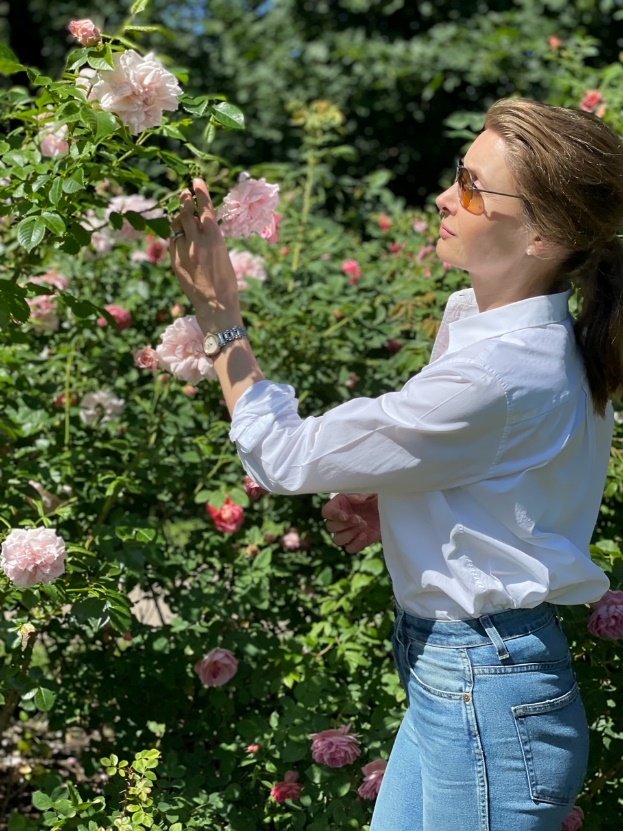Monotasking: How to get a more stress-free life and be more efficient
“Multitasking is not about being able to perform many things at the same time. What we do is switch rapidly between different tasks. This makes us more ineffective and we miss important information.”
Is it worth working on becoming an excellent multitasker? Being a good multitasker has been considered as being a competent, effective, important and hard-working person. Often it is presented as something desirable. However, according to the science, there are no real multitaskers. We do not perform many things at the same time but switch rapidly between them and pay less attention to them all. Human attention is limited. Focused attention demands that the brain is able to filter out irrelative information. The brain does not have the capacity to process many things at the same time. What happens is that we miss information, and things take longer. This makes us less efficient and increases the risk of mistakes. It also increases our levels of the stress hormone cortisol. This can lead to feeling mentally fatigued and decrease our general well-being.
“Our brain is built for monotasking and it has a positive effect on the brain.”
Our intense use of digital devices in particular has led to what is known as media multitasking, which for many people is part of a normal day. A study published in 2020 in Nature showed that media multitasking can have a negative effect on our memory. It is important to remember that our brains have not changed that much during evolution, relative to the explosion of the digital society. All this information can easily overload the brain. Our attraction to multitasking is mainly driven by our reward system and the neurotransmitter dopamine, which is responsible for feelings of happiness. Some people are more sensitive to dopamine release, and this increases the risk of overuse and multitasking.
Simple ways to practise a monotasking mindset:
Become aware of your distractions!
Create a digital routine. For example, have a specific place for your phone at home, somewhere you can keep it out of reach. Also turn off notifications so that you’re the one in control.
Appoint a specific time for e.g. answering emails without being interrupted or checking social media.
Make a checklist the night before or in the morning. This makes it easier to focus on the right things at the right time during the day. What is most important, and at what time are you most focused for the task?
Practising mindfulness and working on being more present in the moment help us build our ability to focus and strengthen relationships.
Meditation – just five minutes a day of simple breathing meditation can help you stay more focused and attentive. If you can meditate a couple of a times a day, even better.
Prioritise and practise saying no.
Give your brain a break! Planning some time to do absolutely nothing is not being lazy. On the contrary, it’s very brain smart, as it is time for the brain to do something restful and reset itself.
My advice:
Small habits in your everyday life can not only make you more effective, but can also be part of a less stressful life. Working on living more in the moment and monotasking can increase your energy and general well-being.



